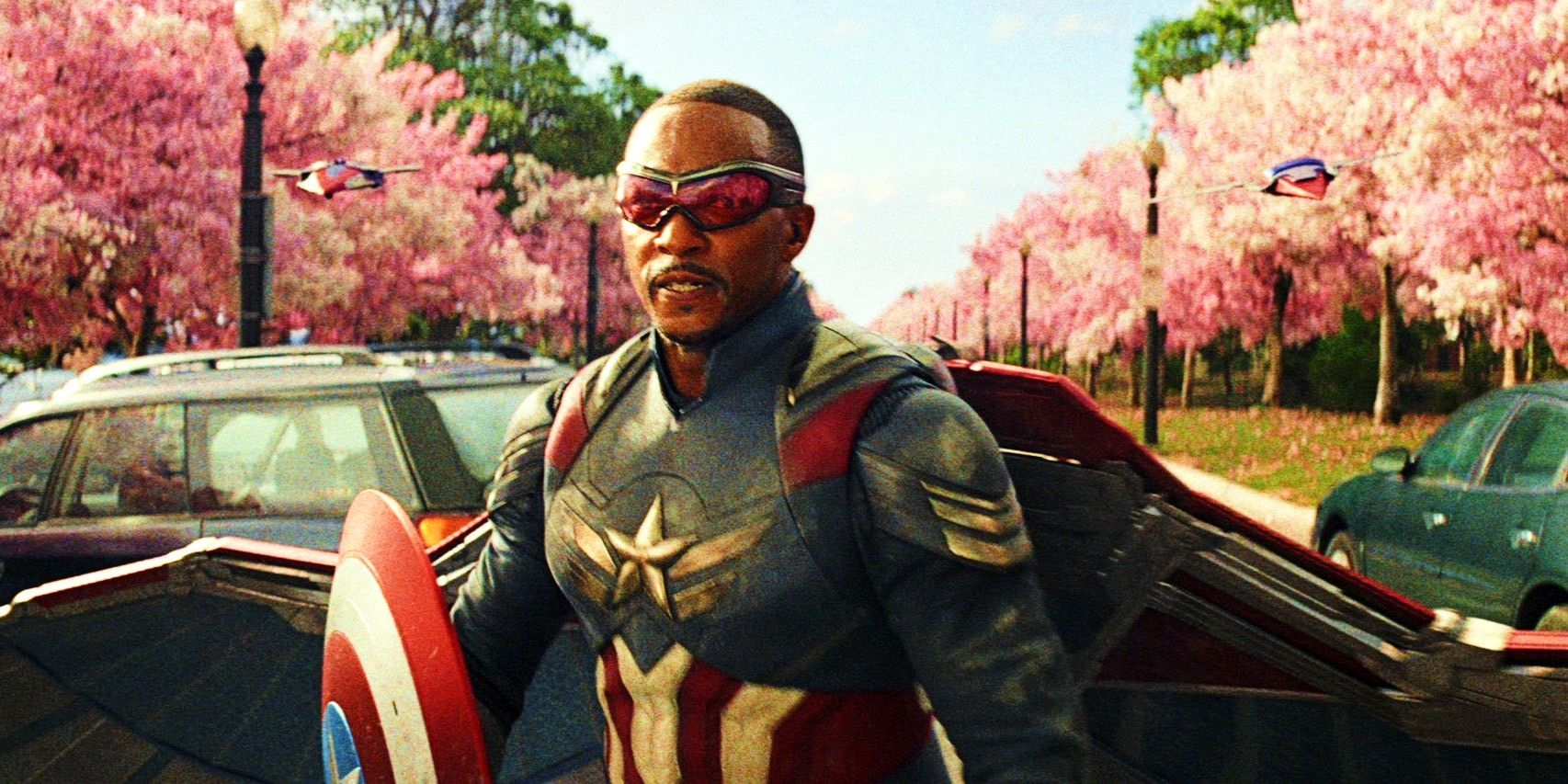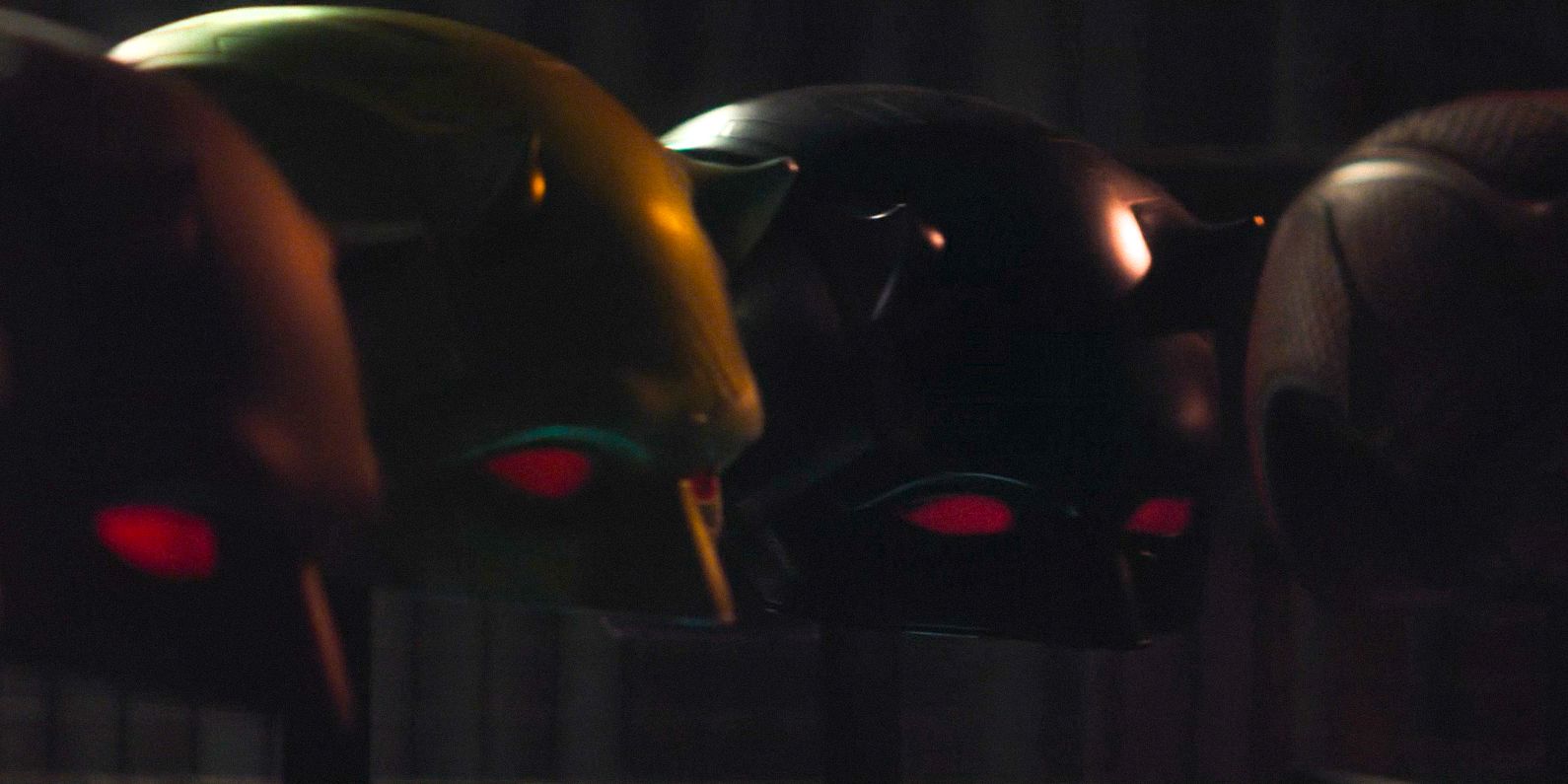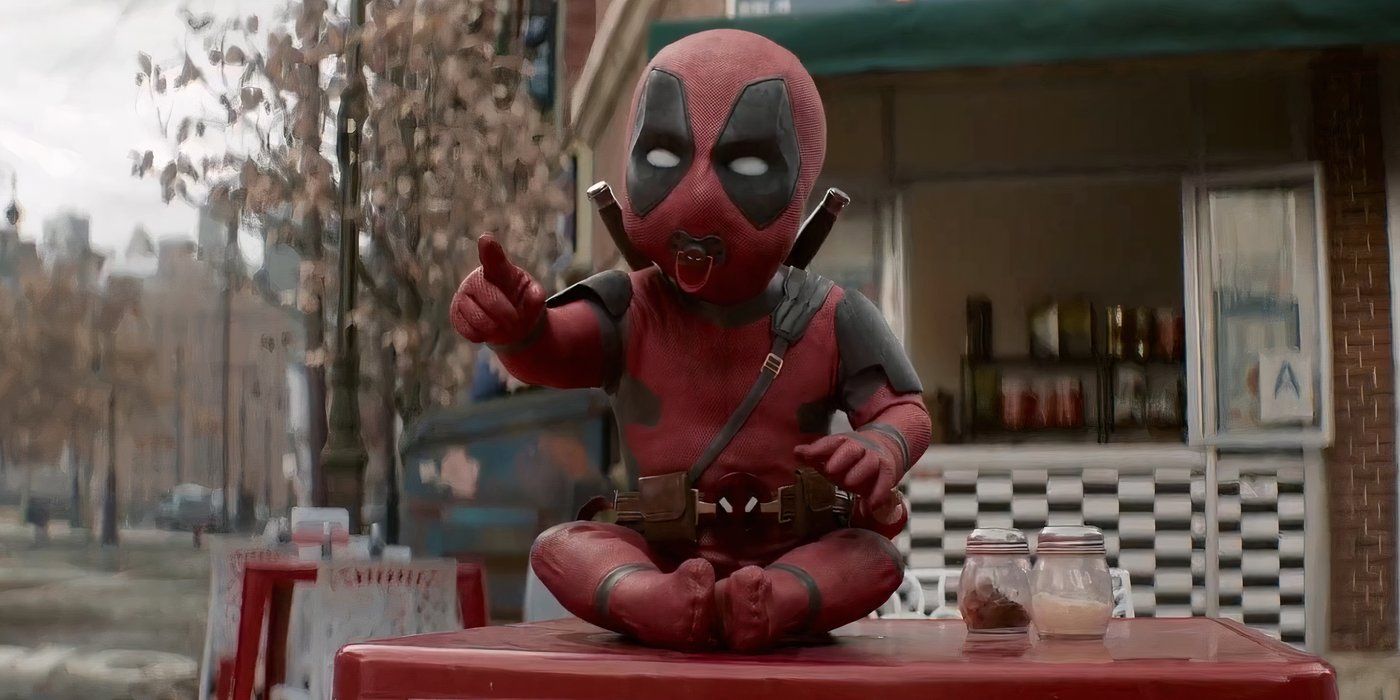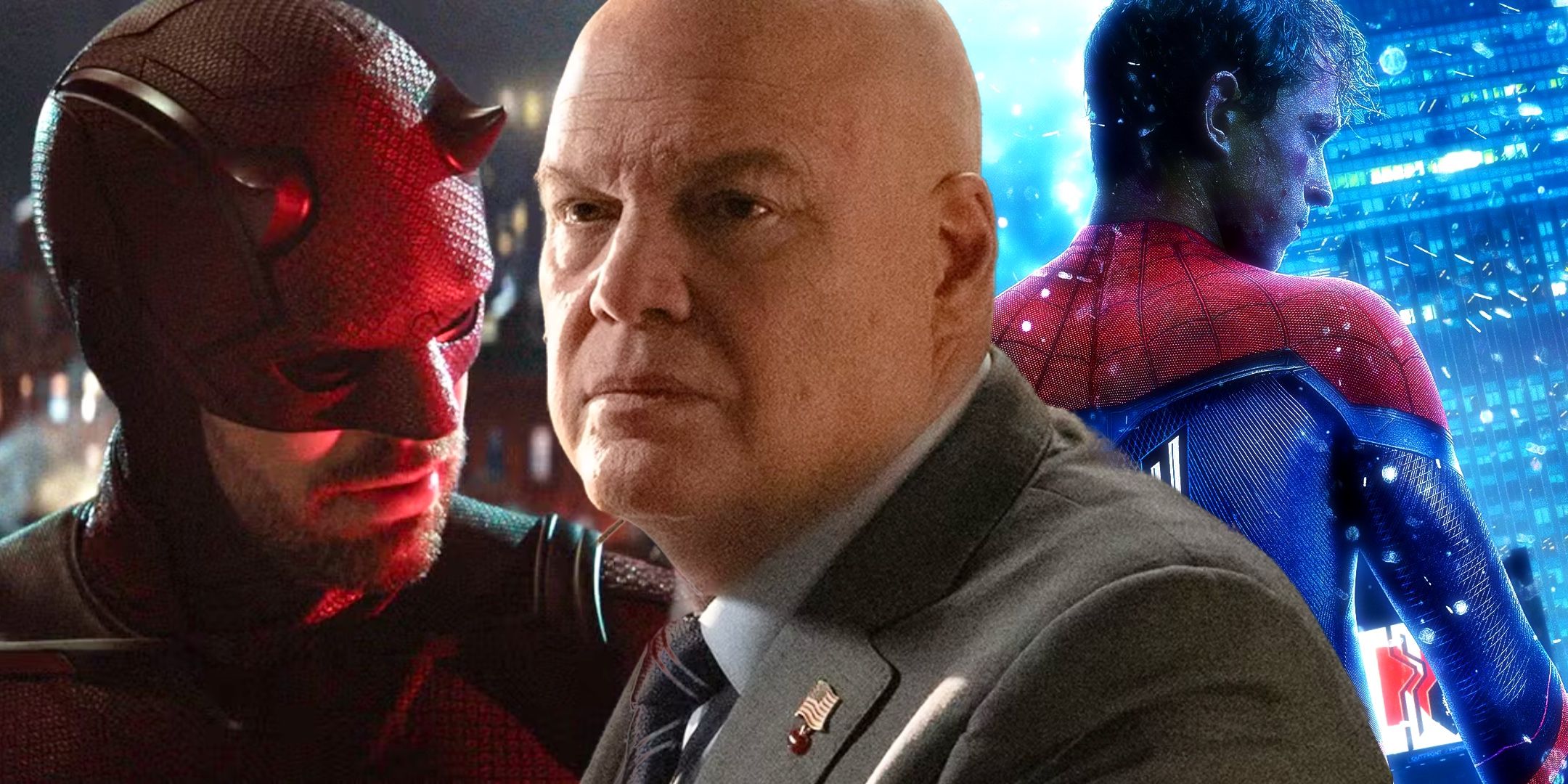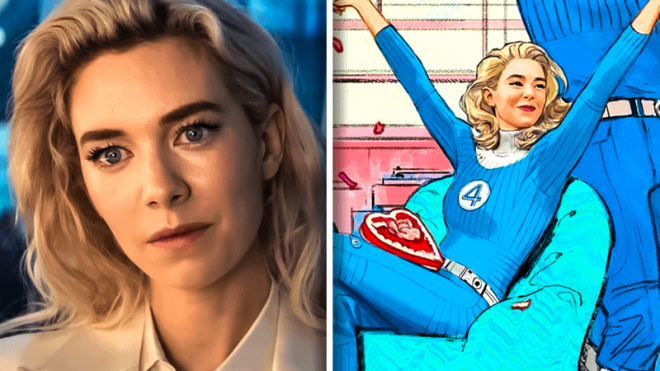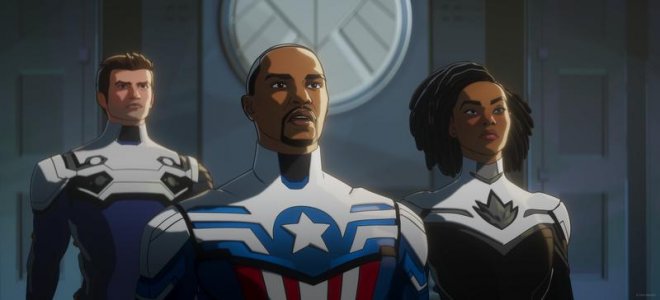MCU Writer Reveals How Marvel 'Abused' TV Writer System
An MCU screenwriter has offered new insight into how Marvel treats its writing teams.Through the years, J. Holtham has penned a number of superhero projects, including Supergirl, Cloak & Dagger, and Jessica Jones; he also offered his expertise on Miles Morales for the Spider-Verse Infinity Comic.
Now, Holtham is sharing his own story about why he and his colleagues have left the writer"s room for the WGA picket line.
Jessica Jones Writer Talks Marvel"s Problematic System
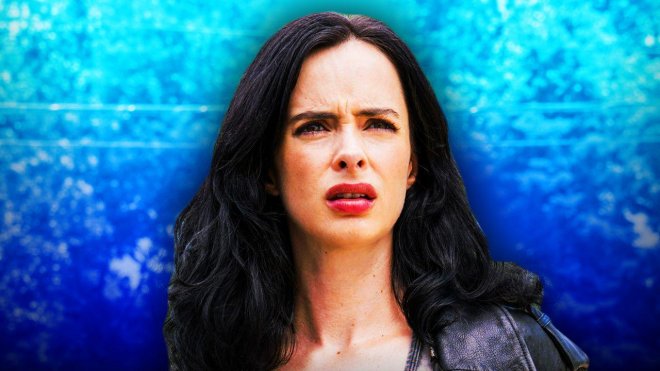 MarvelIn talking with Popverse, J. Holtham detailed how one of the motivations behind the ongoing WGA strike relates to studio compensation for writers.
MarvelIn talking with Popverse, J. Holtham detailed how one of the motivations behind the ongoing WGA strike relates to studio compensation for writers. According to Holtham, while upper-level writers are paid per episode, the same doesn"t quite apply to young writers whose "pay week to week reduces and reduces and reduces:"
"Yes. For an upper-level writer, the quote is $25,000 per script. Say you’re doing ten episodes, and you’re getting $25,000 per episode: You’re getting $250,000. But since that’s not tied to a weekly paycheck [as is the case for younger writers], their pay week to week reduces and reduces and reduces."Holtham referred to his time working on Marvel"s Cloak & Dagger where he started at the lowest paid position and left at the same position, "making 4 grand a week:"
"So when I was a staff writer on "Cloak and Dagger," I was on a strict 20-week contract. [Note: "Staff writer" is the lowest paid writer in a writers" room. Generally with each new season of work a young writer is promoted to another level of pay and a new title until one reaches "Executive Producer."] I got to the end of my 20 weeks, I left at the level of staff writer. I was making 4 grand a week."He then explained how, as a story editor for Jessica Jones, his pay "doubled to 8 grand a week:"
"I went to "Jessica Jones," and became a story editor there, my weekly doubled to 8 grand a week. I worked 20 weeks on that and then immediately went back to "Cloak & Dagger" for Season 2, where I was executive story editor and did my twenty weeks."The issue is he "made more money as a story editor" than Jessica Jones" executive producers, which, as previously noted, are writers who work their way up:
"In that time the executive producers I worked for on "Jessica Jones" were only on "Jessica Jones" for all of that time. I made more money as a story editor than they made as EPs in that time."Holtham went on to confess that studios "have just abused the situation" more in recent years as writers work far fewer weeks than the once-typical 20, leaving the showrunner "writing all the episodes" and "covering production:"
"Yeahhh. And since then the studios have just abused the situation even more. Now, instead of a writers’ room for 20 weeks, you’ll get a mini room for 6 or 8 weeks, then the writers leave, and if you’re the showrunner you might just be writing all the episodes yourself, covering set yourself, covering production yourself, and everything gets amortized down. It’s a real f*** you."Marvel Fans Need to Understand the Marvel SystemJ. Holtham isn"t the first to pull back the curtain on what it"s actually like to write for major studios these days.
In Maureen Ryan"s revealing new book, Burn It Down, her sources shared similar experiences, including how head writers and writing teams are often gone once production begins, leaving others to handle too much and with too little time and experience.
However, it"s worth noting that Holtham"s own personal Marvel experience may be different than those writing an MCU series for Disney+.
While Jessica Jones and Cloak & Dagger are considered part of the MCU - or at least MCU adjacent - they operated under the Marvel Television banner as opposed to that of Disney+.
Still, that"s not to say Holtham is unaware of the conditions experienced by his fellow MCU writers, and it shows these issues exist in more than one corner of the red brand.
Amidst the current writer strike, it"s important for Marvel fans to hear from Marvel creatives on the picket line.
While better pay is a goal, the fact that the current system structure is feeding the problem is a huge element of this real-world drama; and it needs to be told in order for things to change for both writers and MCU storytelling.
[圖擷取自網路,如有疑問請私訊]
|
本篇 |
不想錯過? 請追蹤FB專頁! |
| 喜歡這篇嗎?快分享吧! |
相關文章
SuperHeroKing








